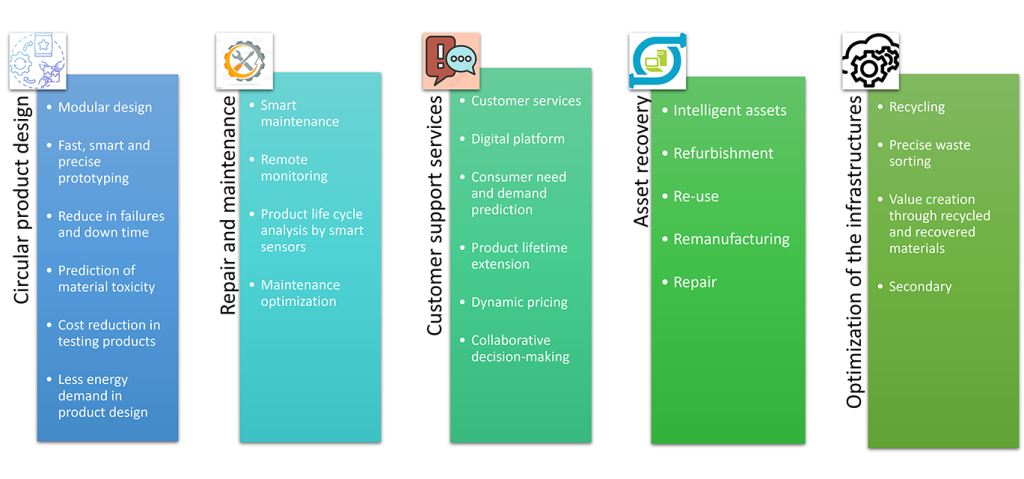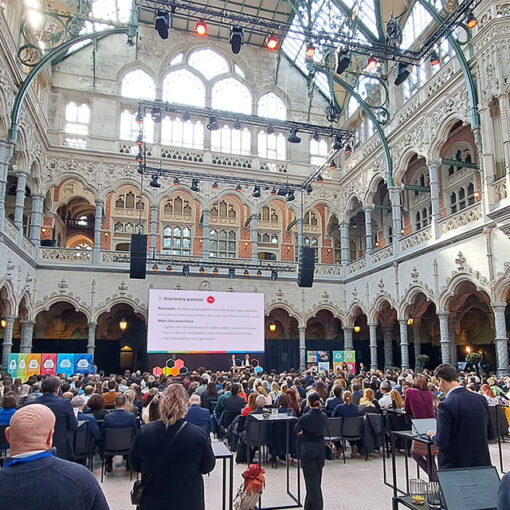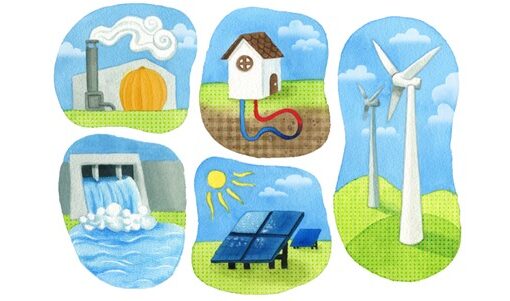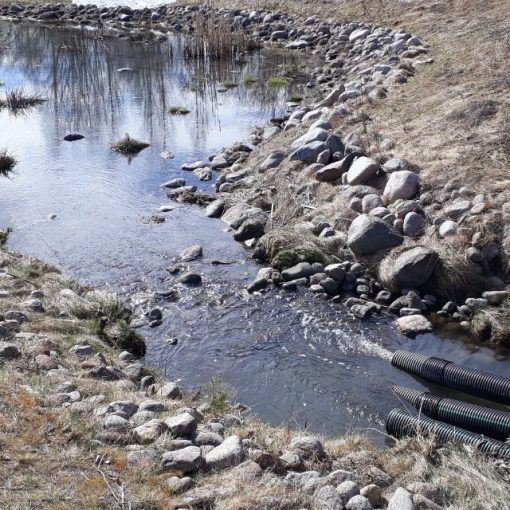Artificial intelligence (AI) is the subset of technologies known as “Fourth Industrial Revolution”. AI technologies are used in systems related to human intelligence, for example reasoning and learning functions. AI is considered as a complement for human skills and deals with complexity. AI technologies enable massive data collection which enables pattern recognition, prediction and optimization as well as further recommendation. Through analysis of such data, utilization of AI enables remote monitoring and remote maintenance services. Algorithm development for AI follows three processes, where efficient data collection and data engineering with development and refinement of algorithm leads to better decision making for a specific problem. In this way, they can enable circular economy in different cycles such as product design phase, use, reuse, remanufacturing, repair, and refurbishing phase, as well as reverse logistics. (Ellen MacArthur 2019.)
Results of three case studies in Finland
In the case study research conducted by Ghoreishi and Happonen (2020) in Finland, they distinguished different roles of AI in circularity as illustrated in the table below (Image 1). Each case company belonged to a different industry, bakery and food services, telecommunication and customer electronics, and lifting businesses. (Ghoreishi & Happonen 2020.)

Although deploying AI technologies brings several opportunities for circular solutions, it requires companies to change their business models and the way they create value in systematic way. Since AI technologies require human for programming and developing algorithms, there should be some precise guidelines on screening and analyzing the data collected by AI to prevent any misguiding information and misuse of data. Unreliable data leads to uncertainty and decreases the level of trust between different partners, stakeholders and consumers that a company collaborates with. For this reason, it is vital to identify the Regulations and policies, Guidelines for sustainable productions, Close collaboration with customers, Stakeholder’s understanding of the solutions and use of AI, and Cost structures of AI technologies. (Ghoreishi and Happonen 2020.)
Case of Cycled
Cycled Technologies AS is recognized as one of the 5 top startups by StartUS insights (2022) that utilizes AI in their CE solution. This Norwegian company offers AI-powered recycling solutions. The company provides SmartBins which are connected to the mobile application and provide a personalized recycling profile. SmartBins use AI technology that enables self-sorting of recyclable waste out of general waste stream. AI detects different types of materials and sort them in the respective inner containers. In addition, the mobile application help waste collectors by providing logistics tools. Users are rewarded CycledTokens by disposing waste. The tokens are stored in the wallet option of the application and can be used in 2 ways. First option is receiving $0.05 per bottle and the second option gives $25 savings for 20 bottles as well as 50% discounts 350+ reward outlets including restaurants, groceries, and family entertainment. (Cycled 2022.)
Author
Malahat Ghoreishi is a lecturer at LAB University of Applied Sciences in sustainable solutions programme. She is also a researcher in digitalization and circular economy, focusing on the capabilities on AI for circular solutions and business models.
Reference
Cycled. 2022. Home. Cited 18 Dec 2022. Available at https://cycled.no/
Cycled Technologies. 2023. Cycled Multiple Stream SmartBin. YouTube. Cited 30 Jan 2023. Available at: https://www.youtube.com/watch?v=bPFL5zWQ064
Ellen MacArthur Foundation. 2019. Artificial intelligence and the circular economy – AI as a tool to accelerate the transition. Cited 28 Nov 2022. Available at http://www.ellenmacarthurfoundation.org/publications
Ghoreishi, M. & Happonen, A. 2020. Key enablers for deploying artificial intelligence for circular economy embracing sustainable product design: Three case studies. In AIP Conference Proceedings. Malaysia. November 27 2019. 2233. AIP publishing. Cited 31 Nov 2022. Available at https://doi.org/10.1063/5.0001339.
StartUs insights. 2022. Discover 5 Top Artificial Intelligence Startups advancing the Circular Economy. Cited 18 Dec 2022. Available at https://www.startus-insights.com/innovators-guide/discover-5-top-artificial-intelligence-startups-advancing-the-circular-economy/




